Find the correct match.
Amyloplast - store lipids
Aleuroplast - store protein
Pyrenoid - store lipids
Elaioplast - store carbohydrate
The correct Answer is:B
To solve the question "Find the correct match," we need to analyze each option provided and determine if the matches are correct or incorrect. Here’s the step-by-step breakdown:
Step 1: Analyze Amyloplast
- Definition: Amyloplast is a type of plastid that is colorless.
- Function: Its main function is to store starch (a carbohydrate).
- Match: The statement "Amyloplast or lipid" is incorrect because amyloplasts store starch, not lipids.
Step 2: Analyze Alluroplast
- Definition: Alluroplast is a type of plastid.
- Function: It is responsible for storing proteins.
- Match: The statement "Alluroplast store protein" is correct.
Step 3: Analyze Pyrenoid
- Definition: Pyrenoids are microcompartments found within chloroplasts, particularly in algae and hornworts.
- Function: Their primary role is to facilitate the fixation of carbon dioxide during photosynthesis, primarily through the enzyme RuBisCO.
- Match: The statement "Pyrenoid store lipids" is incorrect because pyrenoids do not store lipids; they are involved in carbon fixation.
Step 4: Analyze Elioplast
- Definition: Elioplast is a type of leucoplast.
- Function: It is specifically involved in the storage of fats or lipids.
- Match: The statement "Elioplasts store carbohydrates" is incorrect because elioplasts store fats/lipids, not carbohydrates.
Conclusion
From the analysis:
- The correct match is Alluroplast stores protein.
- The incorrect matches are Amyloplast (lipid), Pyrenoid (lipids), and Elioplast (carbohydrates).
Final Answer
The correct match out of the options is Alluroplast stores protein.
---
- Definition: Amyloplast is a type of plastid that is colorless.
- Function: Its main function is to store starch (a carbohydrate).
- Match: The statement "Amyloplast or lipid" is incorrect because amyloplasts store starch, not lipids.
- Definition: Alluroplast is a type of plastid.
- Function: It is responsible for storing proteins.
- Match: The statement "Alluroplast store protein" is correct.
- Definition: Pyrenoids are microcompartments found within chloroplasts, particularly in algae and hornworts.
- Function: Their primary role is to facilitate the fixation of carbon dioxide during photosynthesis, primarily through the enzyme RuBisCO.
- Match: The statement "Pyrenoid store lipids" is incorrect because pyrenoids do not store lipids; they are involved in carbon fixation.
- Definition: Elioplast is a type of leucoplast.
- Function: It is specifically involved in the storage of fats or lipids.
- Match: The statement "Elioplasts store carbohydrates" is incorrect because elioplasts store fats/lipids, not carbohydrates.
From the analysis:
- The correct match is Alluroplast stores protein.
- The incorrect matches are Amyloplast (lipid), Pyrenoid (lipids), and Elioplast (carbohydrates).
The correct match out of the options is Alluroplast stores protein.
Similar Questions
Find out the correct match-
View SolutionFind out the correct matching:
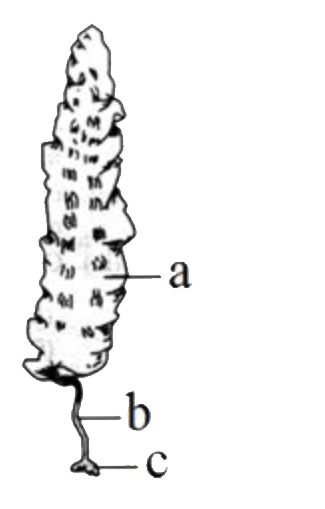
View SolutionFind out the correct match
View SolutionFind out the correct match
View SolutionFind out the correct match :-
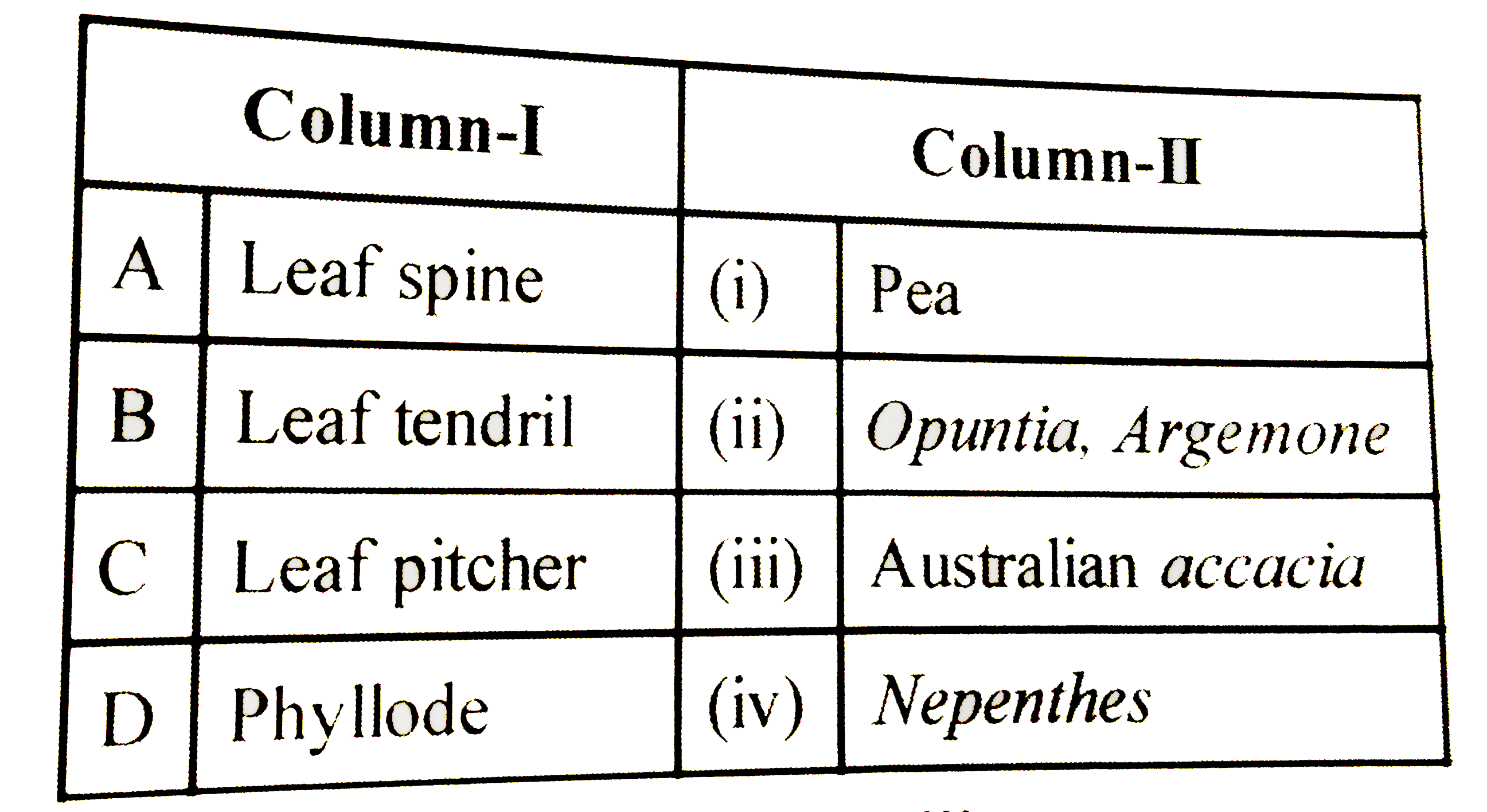
View SolutionFind out the correct match :-
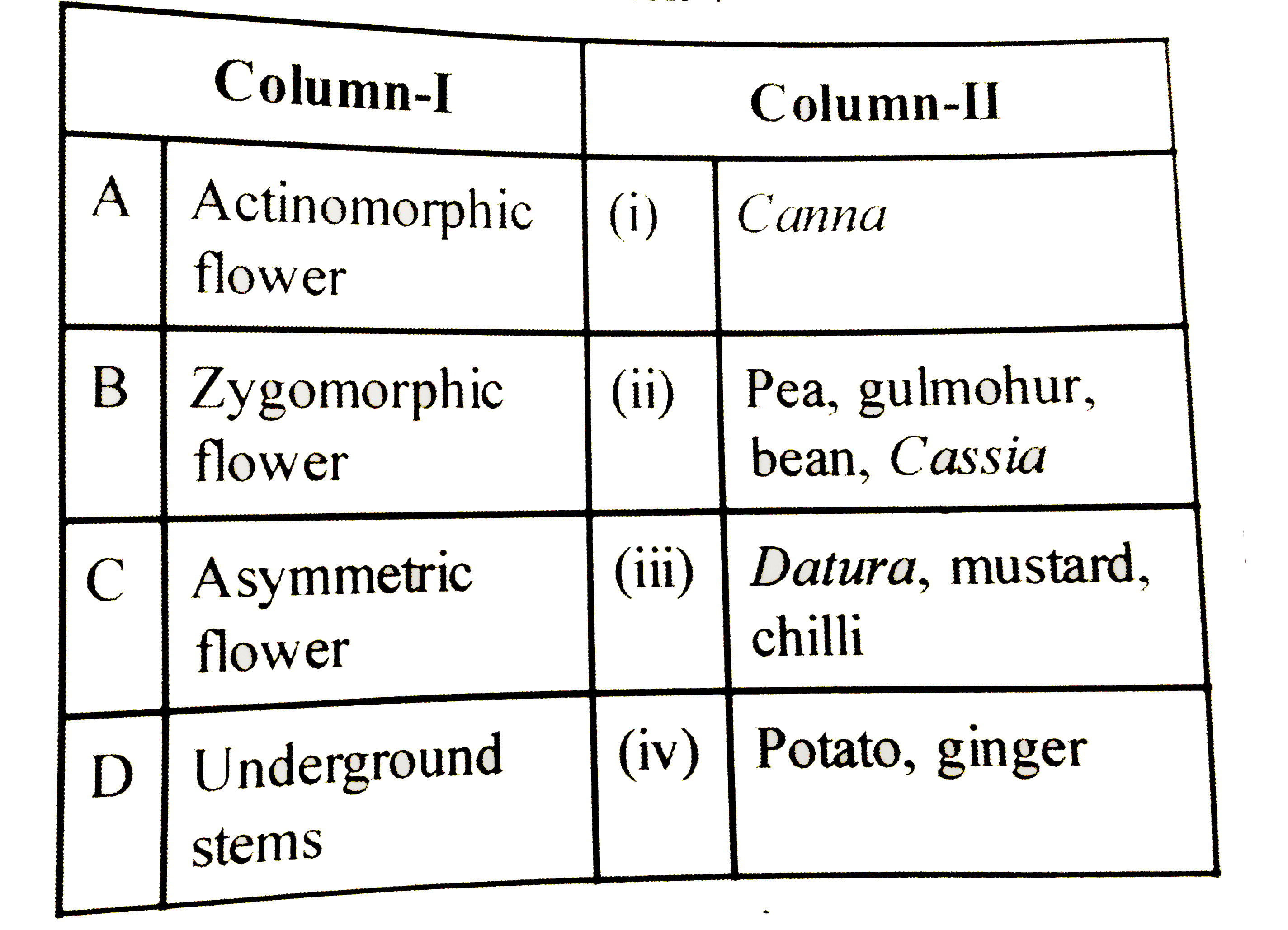
View SolutionFind out the correct match :-
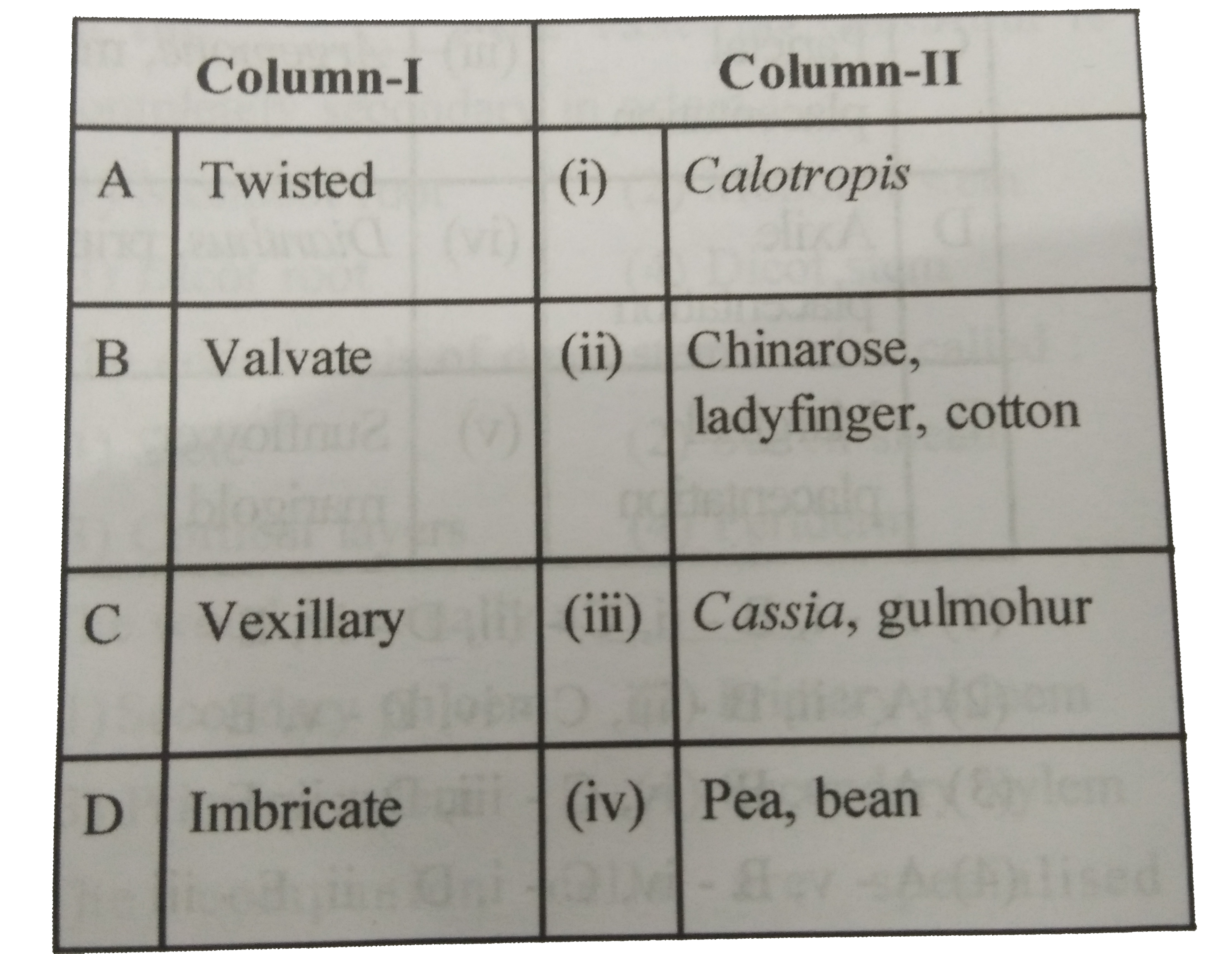
View SolutionFind out the correct match:-
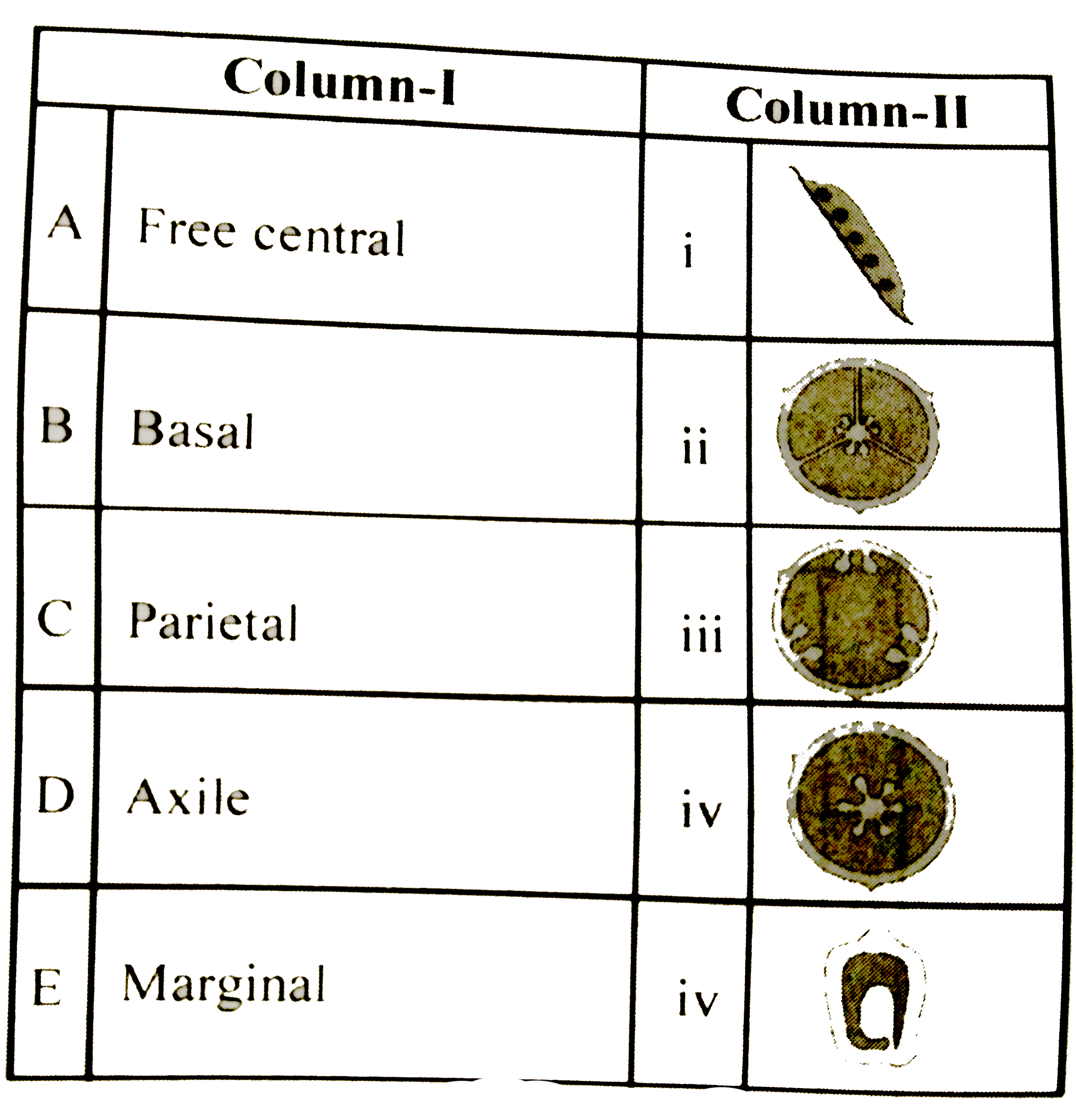
View SolutionFind out the correct match
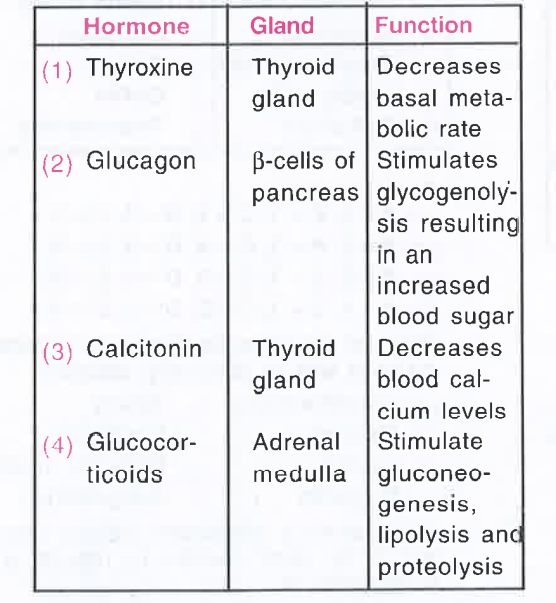
View SolutionFind out the correct match
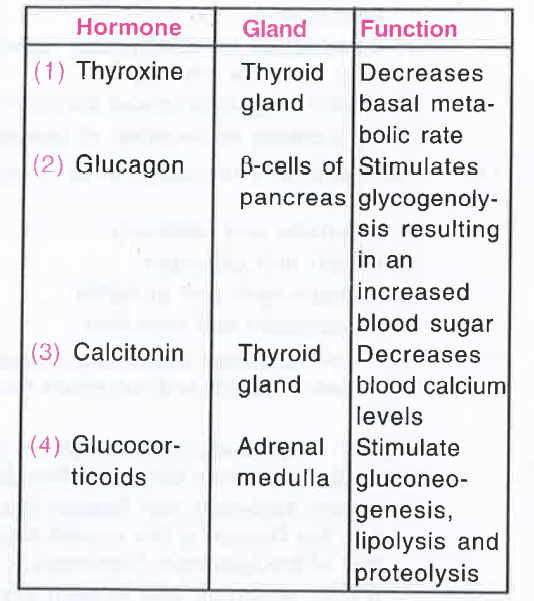
View Solution
